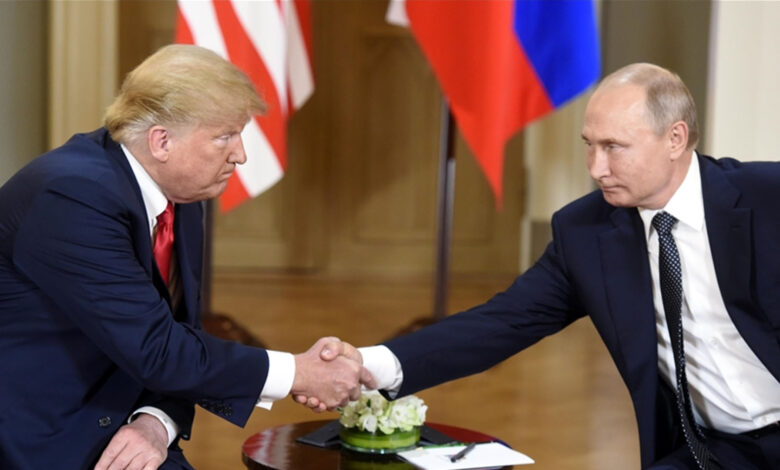
President-elect Donald Trump’s renewed interest in acquiring Greenland has unexpectedly found a sympathetic echo in Russia. This development, which has stirred controversy and amusement in many quarters, could inadvertently serve Russian interests in several strategic dimensions.
Trump’s proposal to “purchase” Greenland, an autonomous territory of Denmark, has been dismissed by both Greenland’s and Denmark’s leadership with Greenland’s Prime Minister Múte Egede stating, “We are not for sale and will never be for sale.” However, Russian pundits and state media have shown a different reaction, viewing Trump’s ambition through the lens of their own strategic objectives.
One of the primary reasons Russia might tacitly support Trump’s Greenland pursuit is the potential disruption it could cause to NATO and European unity. High-profile Russian commentators like Vladimir Solovyov on state TV have praised Trump’s approach, suggesting it undermines the cohesion of NATO and the broader Western alliance. They argue that if the U.S. were to exert pressure on Denmark, it could strain relations within the EU and NATO, providing Russia with diplomatic leverage.
Moreover, Greenland’s location and resources are of significant interest. The island, sitting between North America and Europe, is a strategic point for both military and economic activities, particularly in the Arctic region where Russia has been expanding its influence. The Arctic, with its melting ice caps due to climate change, is opening new shipping routes and resource exploration opportunities. Russia has vested interests in controlling or at least influencing these developments, and a U.S. focus on Greenland could divert attention or lead to negotiations that might benefit Moscow.
The presence of the U.S. Thule Air Base in Greenland also adds a military dimension. Some Russian strategists speculate that an increased U.S. military presence in Greenland could be used for missile defense or offensive capabilities, offering Russia a rationale to further militarize its Arctic territories under the guise of countering U.S. expansion.
Furthermore, the discourse reflects a sentiment where some suggest that Trump’s interest in Greenland could be part of a broader strategy benefiting Russia, particularly in terms of natural resources like oil and gas, which are abundant in the Arctic but difficult to exploit due to the harsh conditions.
However, while Trump’s actions might be seen as inadvertently aligning with Russian interests, this scenario is highly speculative and depends on many variables including U.S. diplomatic relations, the response from Denmark, and the broader geopolitical climate. The actual geopolitical impact would hinge on whether Trump’s administration seriously pursues this territorial ambition or if it remains a rhetorical strategy to negotiate other international deals or assert U.S. influence.




